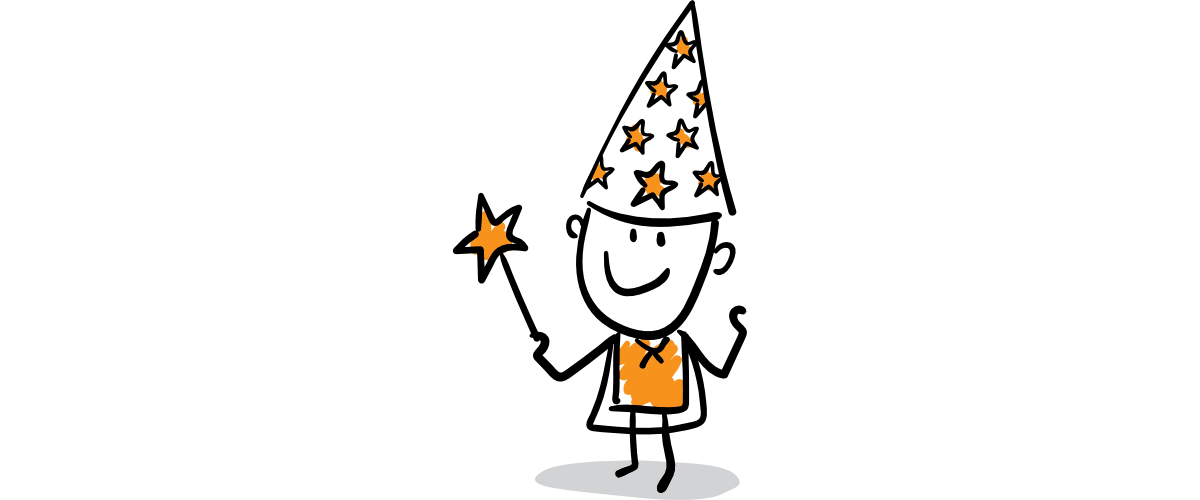How to turn your hobbies into interesting emails
👉 A powerful shortcut to engaging emails
Over the years I’ve written a lot of emails with lessons learned from my hobbies and interests. Magic, comedy, football, breadmaking during the pandemic, obvs.
They tend to get a very good response. I guess partly because they provide a less preachy way of teaching something. And partly because hearing “inside secrets” on any topic is pretty intriguing.
And because they’re topics I’m naturally interested in, it’s relatively easy for me to come up with examples and stories about them.
Over the years I’ve evolved a simple way of coming up with hobby-related emails that I think you might find helpful and applicable to your own hobbies and interests - whatever they may be.
When it comes to your hobbies and interests - or anything really - there are three sources of information you can learn from:
Your experiences. For example with Magic, one of my favourite emails was what I learned when I took a private magic lesson with Roberto Giobbi while I was working in Switzerland near where he lived.
Your observations. Things that happen to others around you that you notice. Another of my favourite emails was my observation that magic competition winners were often some of the worst performers the previous year, but they had the courage to try things out in public and learned the fastest.
Your research and reading. if you enjoy something you most likely read around the topic. I read biographies of magicians, for example. And there are always snippets of historical information and funny stories in forewords or buried amongst the teaching material in magic books or shared on forums or face-to-face at conventions. One good example is David Devant’s “I know only 8” quote which I used to help illustrate an email about the importance of specialisation early in your career.
That’s a pretty simple framework of course. Obvious in a way. But it genuinely helps by focusing your thinking.
For example, let’s say I was a business coach who was a budding guitarist in my spare time and I wanted to write an email about teamwork.
I’d start by thinking about examples of teamwork I’d experienced myself as a guitar player. Maybe how bands can keep time together without needing someone in charge. Or how good music comes from a blend of different sounds.
Then I’d think about what I’d observed of other guitarists. Perhaps how the best always had buddies they would jam with regularly to learn and improve. Or the way they’d ask for feedback from trusted friends.
Then I’d think about the stories I’d heard or read about famous guitarists. How Bruce Springsteen fired his band to become more creative, but had the humility to ask to work with them again 2 years later when he realised they added something he just didn’t have on his own.
Inevitably, just running through that little list of categories will get you at least one decent idea for an email that’s interesting to your audience and teaches something useful.
More often than not it’ll generate multiple ideas and give you ideas on other topics you weren’t originally thinking about.
Write the one you use while the idea is still hot. Then scribble down notes on the ones you don’t use to come back to later.
And to speed things up, try to keep notes as you go along:
Experience something interesting or remarkable? Make a note of what you learned and what the story was.
Observe something that raises your eyebrows? Write it down.
Get engrossed in a book or article about your hobby? Jot down some of the stories and examples (and note down the source so you can come back to it).
Most of the time you won’t actually need to go back to your notes. The act of making them will embed the idea in your head and you’ll remember it later.
But when you need them, those notes are super valuable.
And next time you’re a bit stuck for an interesting idea for an email, try my Experience, Observation, Research & Reading framework.
- Ian


